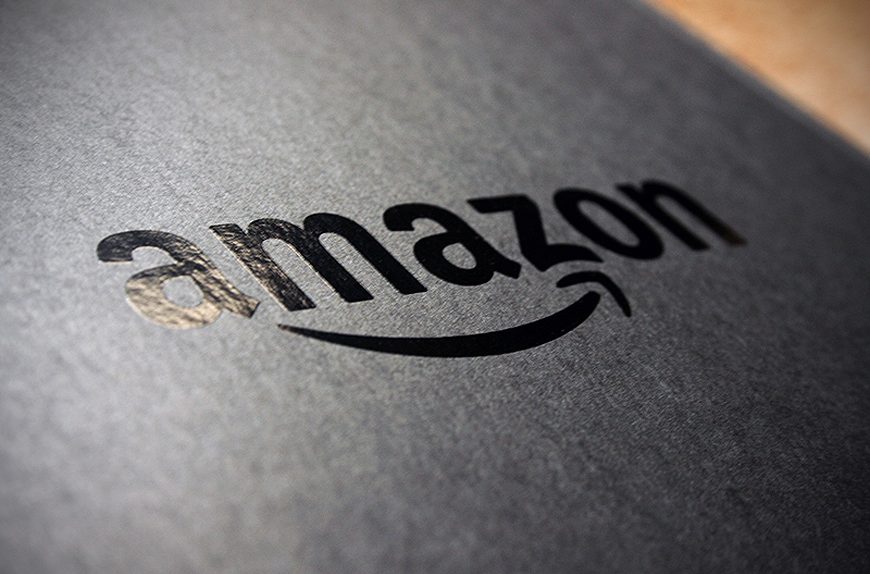To the surprise of almost no one, Amazon finally announced that it was raising prices on annual Amazon Prime subscriptions by 25%, going from $79 to $99 a year. Although Amazon is officially saying that it had to increase its Prime prices due to increased shipping costs, Jackdaw Research analyst Jan Dawson isn’t buying it. Instead of shipping costs, Dawson thinks that Amazon is jacking up Prime prices in anticipation of its upcoming music streaming service that will put it head-to-head with Pandora, iTunes Radio and Spotify.
“The real reason for Amazon’s price increase is that it has been giving away a video streaming service roughly equivalent to Netflix for free as part of Prime,” Dawson writes. “Given the rumors about Amazon launching a music streaming service as part of Prime as well, it seems far more likely that Amazon is recognizing that it can’t continue to ignore the high costs of giving away so much content for free any longer. That model has broken Amazon’s usual model of aligning its own interests with those of its customers, as the more users use these services, the more benefit they receive and the higher Amazon’s costs.”
And when you really think about it, $99 a year just isn’t that much to pay for Amazon Prime. Consider that, for just $8.25 a month, you’re still getting free two-day shipping, access to movie and TV show streams on Amazon Prime Instant Video and free books through the Kindle First and the Kindle Owners’ Lending Library. And if the rumors are true and Amazon tacks on a music streaming service, then paying $99 a year for Amazon Prime could be an absolute steal.






